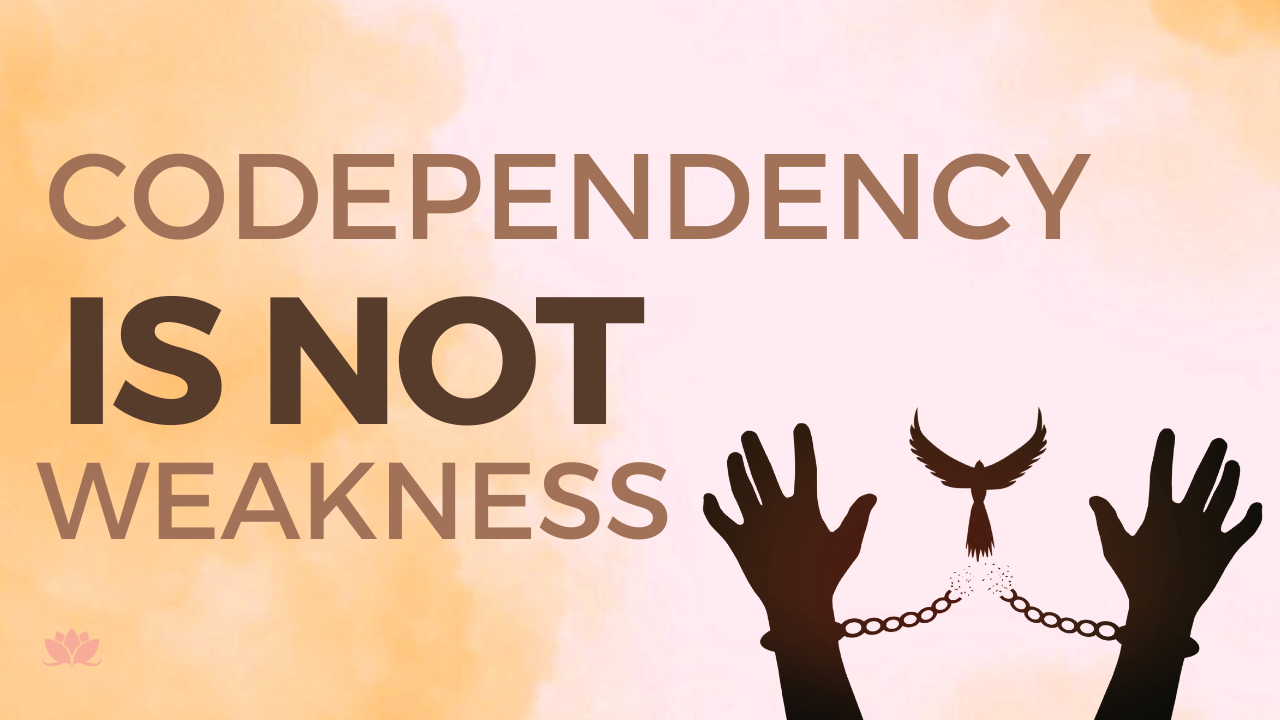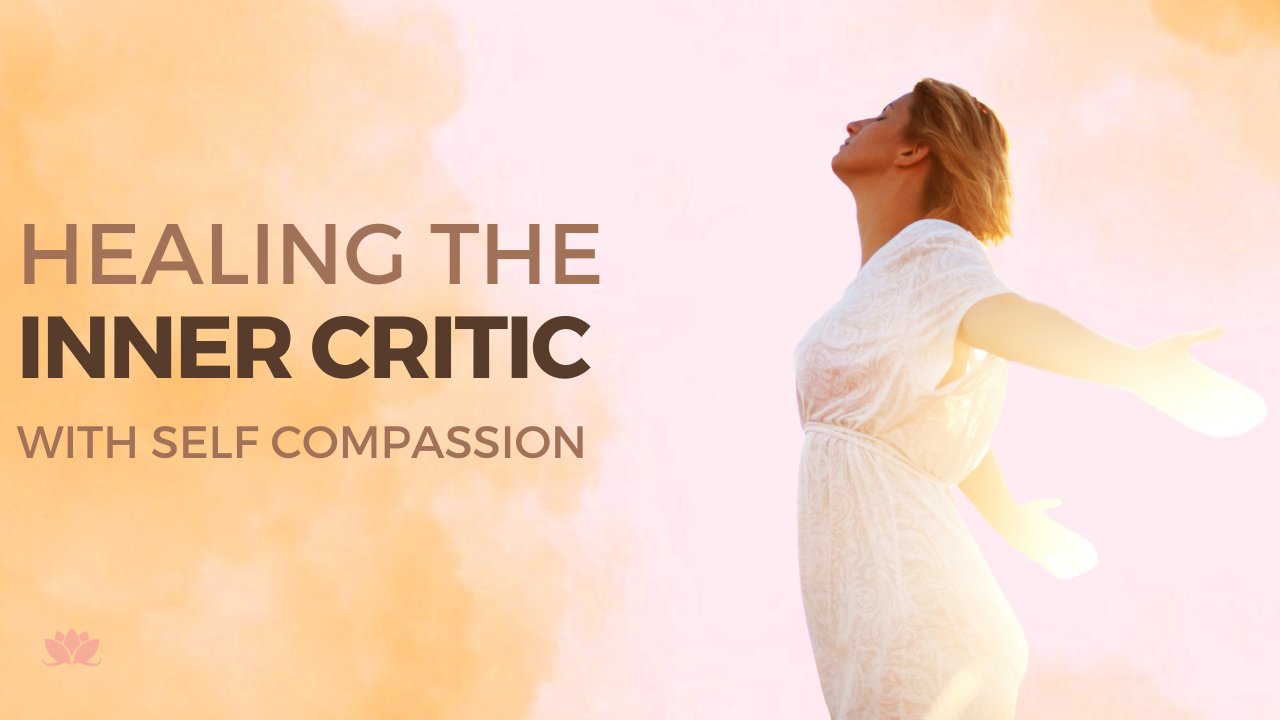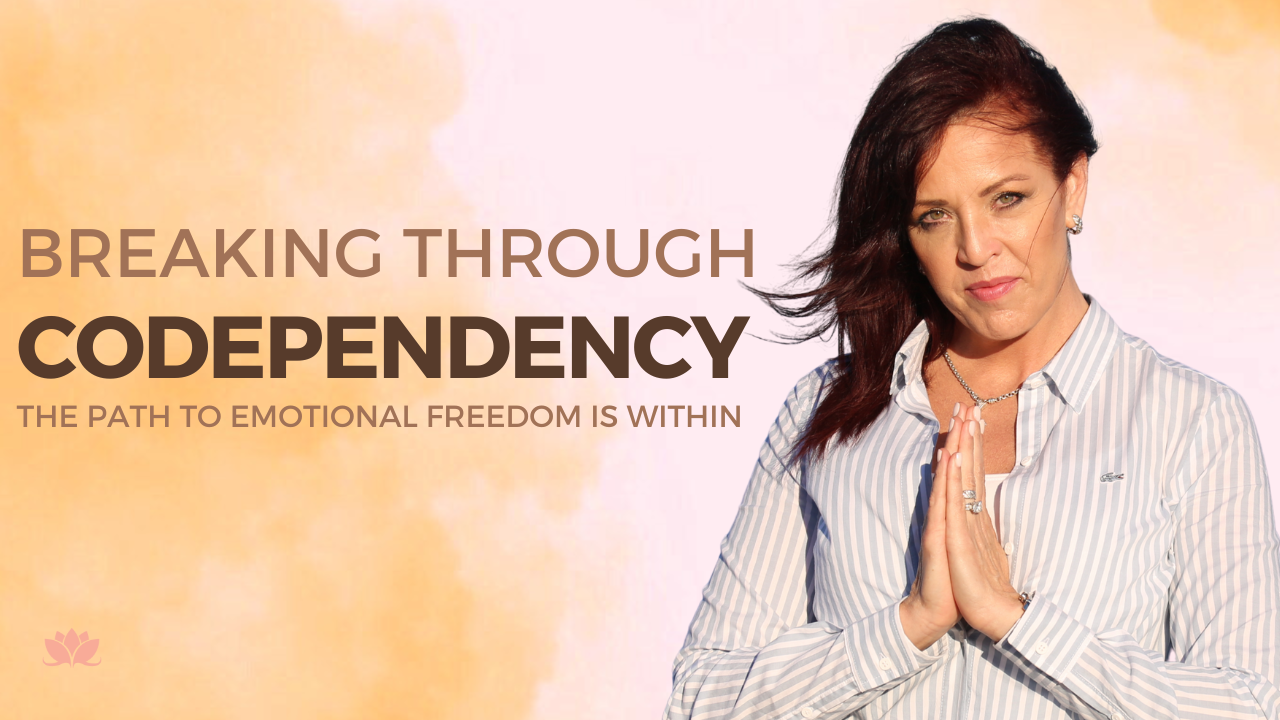Codependency Recovery; The Key to Healing from the Past
Help for Codependency Recovery


Codependency is a complex and often misunderstood issue that affects many individuals. It is a pattern of behavior and a set of faulty subconscious belief systems in which a person relies on another person to meet their emotional and psychological needs. Codependency, unchecked, can lead to a range of negative consequences, including low self-esteem, anxiety, and depression. However, recovery from codependency is possible. It is important to remember that codependency is generally rooted in unhealed childhood trauma that causes a child to grow up feeling invisible, which leads them to strive to attach to an unavailable caretaker while detaching from their authentic self.
Codependency Recovery First Step
The first step in codependency recovery is recognizing the problem. Many people struggling with codependency may not even realize they have a problem. They may believe that they are simply being helpful or supportive when they are enabling unhealthy behaviors in others while ignoring the need for healthy boundaries. Codependency recovery relies on recognizing the signs and symptoms of codependency and seeking professional help if necessary.
Codependency Recovery and Boundaries
Once the need for codependency recovery has been identified, it is essential to develop healthy boundaries. This process can be complex, as codependent individuals may have difficulty saying no or setting limits. However, it is necessary to establish boundaries to protect oneself from being taken advantage of or becoming overly involved in another person's problems. This may involve learning to say no, limiting time and energy spent on others, and prioritizing one's needs.
Building Your Support System
Another vital aspect of codependency recovery is developing a solid support system. This may include friends, family members, a codependency recovery life coach, or a therapist who can provide guidance and encouragement. It is essential to surround oneself with supportive and understanding people who can offer constructive feedback and advice.
Codependency Recovery, Self Care, and Compassion
Finally, it is important to practice self-care and self-compassion. Codependent individuals may be unable to focus on their needs and, instead, may focus entirely on the needs of others, leading to burnout and exhaustion. It is essential to take time for oneself, consider one's goals, tap into one's unique emotions, and practice self-compassion and self-forgiveness.
In conclusion, recovery from codependency is a challenging but rewarding journey. By recognizing the problem, developing healthy boundaries, building a solid support system, and practicing self-care and self-compassion, individuals can overcome codependency and live a more fulfilling and satisfying life. The key is self-awareness. Once someone with codependency is willing to look within and understand the unhealed wounds responsible for their codependent behaviors more objectively, codependency recovery begins!
With the right resources and support, anyone can achieve recovery from codependency.
Voted one of the best books on Codependency Recovery of all time, Codependent Now What? It's Not You It's Your Programming
Click here to view this book on Amazon.
Lisa A. Romano is a Certified Life Coach and bestselling author specializing in codependency and narcissistic abuse recovery. She is also a popular YouTube Creator with over 600K subscribers and is the creator of The 12 Week Breakthrough Codependency Recovery Program. Lisa also hosts her podcast, Breakdown to Breakthrough, available on all streaming devices. To learn more about Lisa's 12-week Breakthrough Coaching Program, or her Master Class, visit https://www.lisaaromano.com



